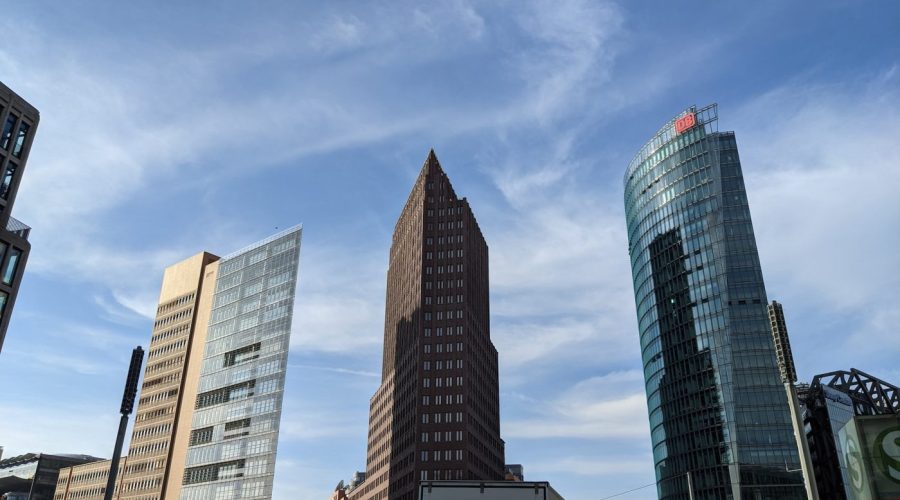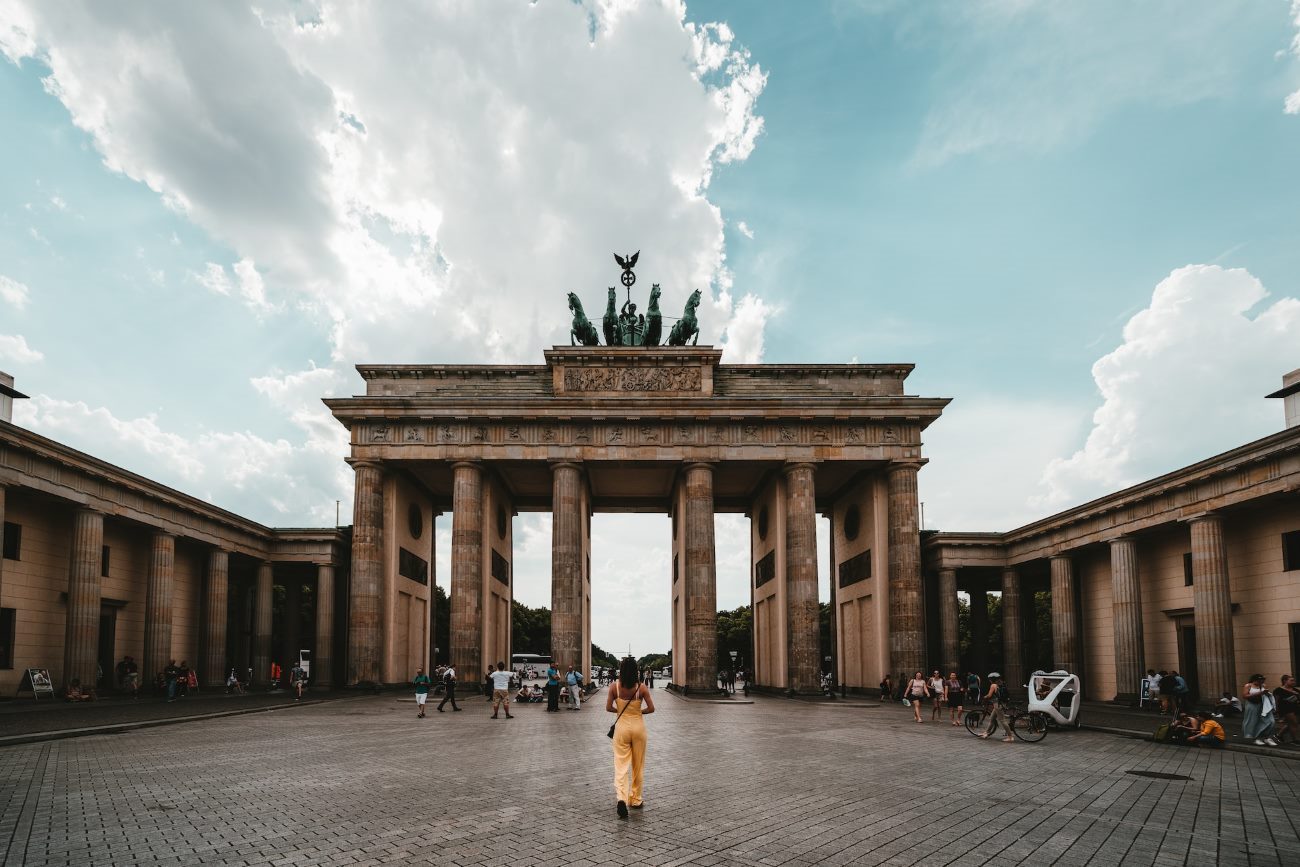The Role of a Tour Guide: How Can They Promote Sustainable Tourism in Berlin?
Introduction
Welcome to Berlin – The historic capital in the pulsating, the lively city! If you are on tourist route, it might be something to wonder, what can I discover this wonderful place but at the same kind with concern about the environment and local community. The answer is sustainable tourism, and one of the frontmen in this would be the tour guide. In this blog post we want to look at what for a tour guide means to promote sustainable tourism in Berlin and how as a tourist you can contribute to it.
What is Sustainable Tourism?
Sustainable tourism, that is eco-tourism or also responsible tourism, is a concept that is aimed to minimize negative impact of the tourism on the environment, culture and local people. It concentrates on conserving a destination’s natural and cultural heritage, developing the local economies, and the local population is involved in tourism.
1. Educating Travelers
A tour guide is very important in educating the visitors about the philosophy of sustainable travel. They can offer rich insights into the local environment and culture, and history of the place, given to traveller so it can have better understanding of what it see. By providing information on how to behave and practises that are sustainables , english guides donne de la puissance au client et l’infinie possibilité d’y apprendre et y contribuer de manière positive sur le site de la balade .
2. Supporting Local Businesses
For the selection of a tour guide, or tour company, when we choose is better that prioritize collaboration with the local companies. When supporting local eateries, lodges as well as small-scale workshops, Tour guides in a way make the contribution in the economical growth of the local community. They will also be able to suggest the sustainable and locally owned businesses, let the travelers have an authentic and meaningful experience.
3. Minimizing Environmental Impact
A responsible tour guide is aware of impact that he/ she renders on the environment and takes all steps to minimize it. This includes persuading travelers to decrease waste, recycle and save water and energy. They might suggest the use of public transport or walking over driving private vehicles. Moreover, the police ensure that the visitors respect the regulations in protected areas or national parks.
4. Respecting Local Culture and Traditions
One part of eco-tourism is maintaining and preserving the local culture and traditions. The role tours guides serve as a cultural ambassador to promote cross cultural awareness and understanding to the travelers. They teach the customs, traditions and do’s and don’ts, assisting visitors to behave respectfully amongst visitors. In this way, tour guides promote positive cross cultural experience and avoid cultural conflicts and misunderstanding.
5. Promoting Community Involvement
A tour guide can act as a bridge between the tourists and local community aiding in a better understanding and exchange of respect. They can arrange meetings with local projects, markets or community-based projects enabling the visitors to experience firsthand the culture and daily life of the local people. This participation contributes to community development and brings economic development for the inhabitants.
Conclusion
With their expertise, enthusiasm and dedication, tour guides are in an important role for enforcing sustainable trade in Berlin. When educating visitors, supporting local businesses, reducing negative impacts on the environment, respecting of local cultures and encouraging local involvement, tour guides keep the beauty and the authenticity for the future. So, every time you travel to Berlin remember that a tour guide is just as important that responsible for the trip being memorable to be significant!
Table of Contents



